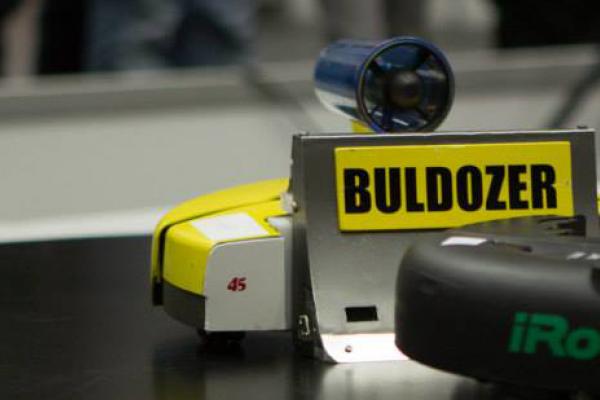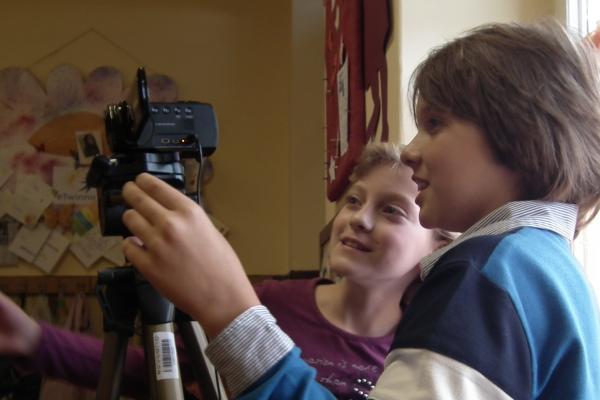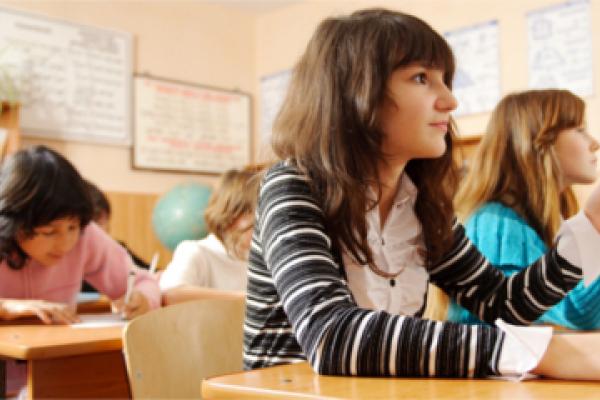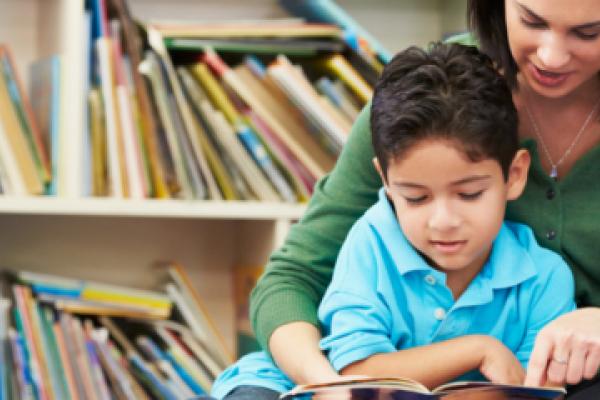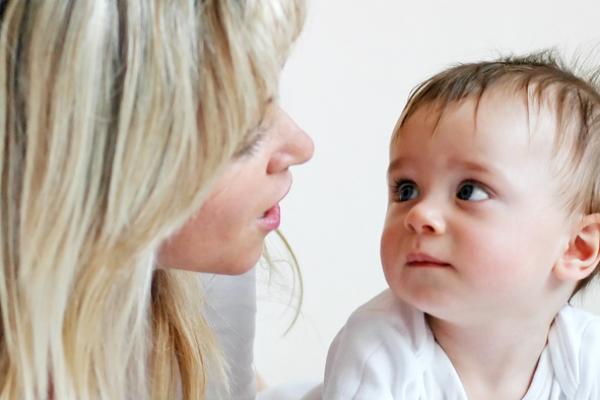Horizon finds out how one EU project could help swap textbooks for augmented reality and interactive video games, and we speak to Erki Urva from the Estonian Information Technology Foundation for Education, to hear how Estonia is pioneering digital education by incorporating IT training across the school curriculum.
Child prodigy Anne-Marie Imafidon, who gained an A level in computing at the age of 11, shares her views on how to close the gender gap and get more girls to study science, technology, maths and engineering subjects at university.
Horizon also looks at infant cognition, and in particular why parents should talk to their babies from as young as two months old, and interviews a researcher who explains how, for bilingual children, one language affects the way children learn to read the other.


